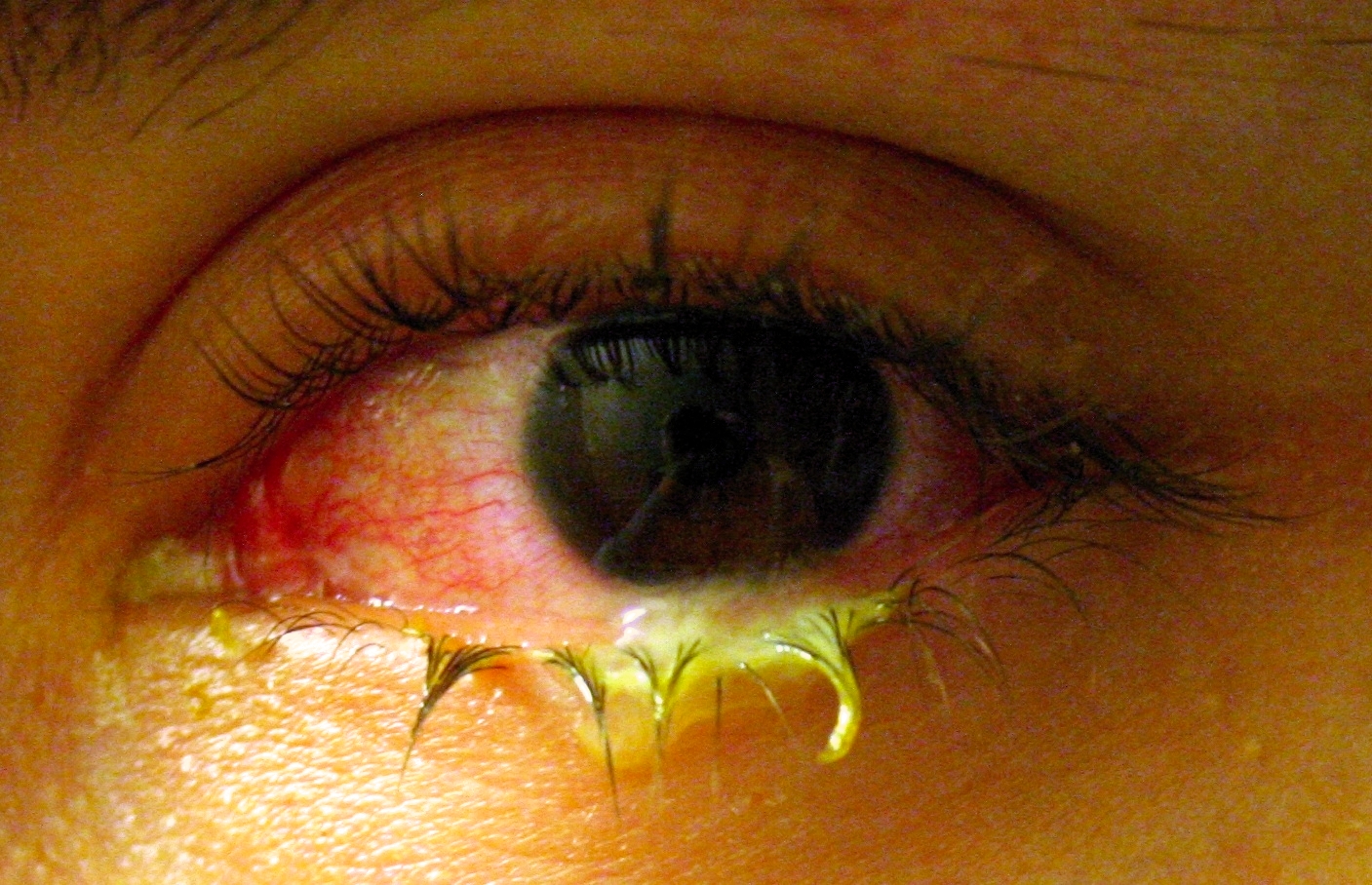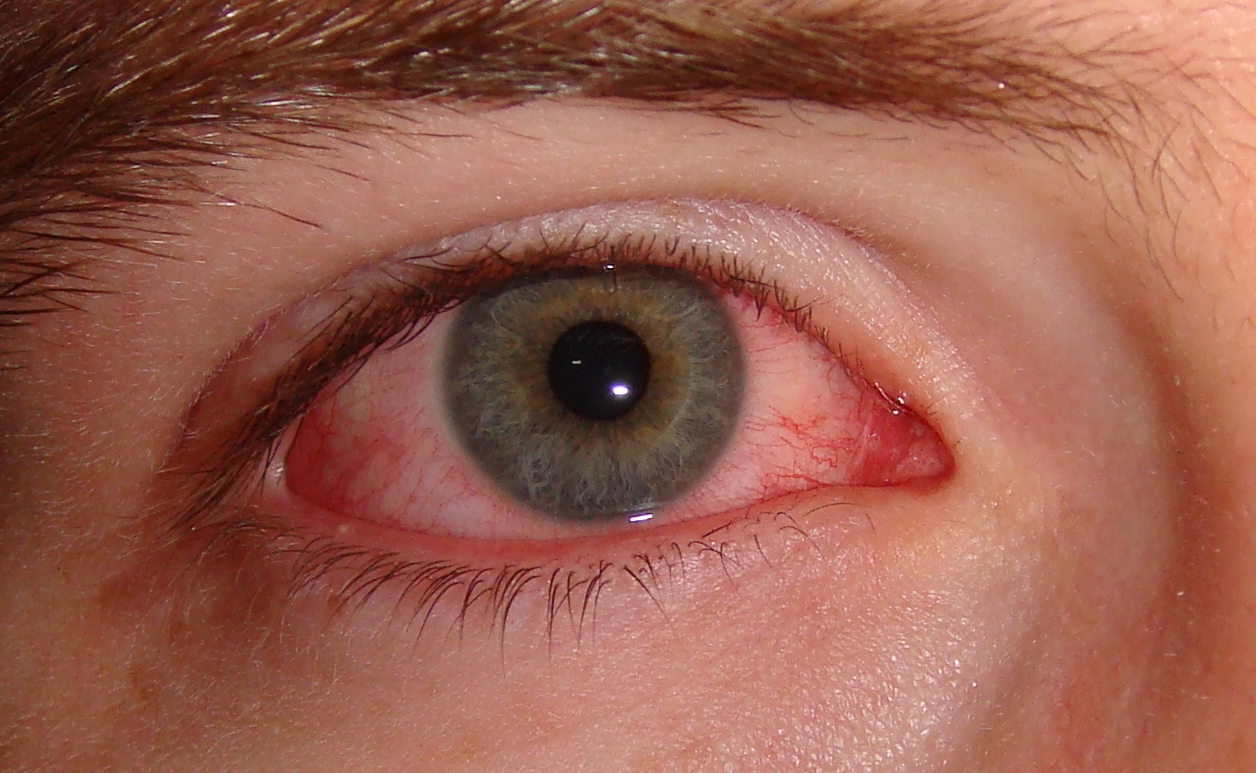Few two-word phrases strike more fear into parents' hearts than "pink eye." This article will help you understand pink eye, what causes it, how it is treated, and when to be concerned.
Pink eye, also known as conjunctivitis, has three common causes:
Viruses
Bacteria
Allergies
Viral conjunctivitis causes red, irritated eyes with mild watery discharge. It often starts in one eye and spreads to the other eye a few days later. Because these same viruses also cause the common cold, patients will usually have either current or recent cold symptoms (cough, runny nose, sore throat, etc.). Viral conjunctivitis, like all viral infections, doesn't respond to antibiotic eyedrops -- you simply have to let it run its course, which can take up to 2 weeks. Artificial tear eyedrops or cool, wet washcloths can be used to soothe the eyes. The best way to prevent this very contagious infection from spreading is frequent handwashing. Also, be careful with commonly-touched objects like towels, doorknobs, toys, phones, etc.
Bacterial conjunctivitis also causes red, irritated eyes, but the discharge is typically thicker, less watery, stickier, and more severe. If your eye doctor suspects bacterial conjunctivitis, you will likely be prescribed an antibiotic eye drop. Most types of bacterial pink eye will resolve after a few days. Like viral infections, bacterial conjunctivitis is also quite contagious, and the same precautions to decreased spread of the infection are important.
The significant, pus-like discharge associated with this conjunctivitis is suggestive of a bacterial infection.
Allergic conjuncitivitis also causes red, irritated, watery eyes, but the hallmark feature of allergic pink eye is itching. This happens more frequently in people who have asthma, hayfever, or eczema, but it is also common in people who have never had any of these conditions at all. The itching can be intense, and symptom may start very quickly after exposure to the allergen. Young children often have a hard time describing the itching symptom, and they may simply say their eyes hurt or burn. Eye drops, such as the over-the-counter drop ketotifen, can dramatically and quickly reduce symptoms of allergic conjunctivitis.
The moderate redness of the eye, combined with the minimal apparent discharge, means this is likely allergic conjunctivitis (if the eyes are significantly itchy) or viral conjunctivitis.
Should I take them to the pediatrician? The urgent care center? The eye doctor? If you're not sure which type of pink eye your child has, take them to see their pediatrician or to an urgent care. If symptoms worsen or persist, take them to see an eye doctor.
Do kids with pink eye need to stay home from school? Not if it's allergic conjunctivitis, since that isn't contagious at all. For bacterial conjunctivitis, children can usually return to school after 1-2 days of antibacterial eye drops. For viral conjunctivitis, most pediatric ophthalmologists recommend keeping kids home until the symptoms resolve, but check your school's policy.
When should I be worried? If you suspect your child may have pink eye, here are some "red flags" that should prompt a call to your eye doctor:
Infants, particularly newborns
Contact lens wearers
Exposure to chemicals
Trauma to the eye
Prior eye surgery
A history of autoimmune disease
A visible white "spot" on the eye
Symptoms lasting longer than 1-2 weeks
Vision loss or severe eye pain
For more information about pink eye, read this article.







